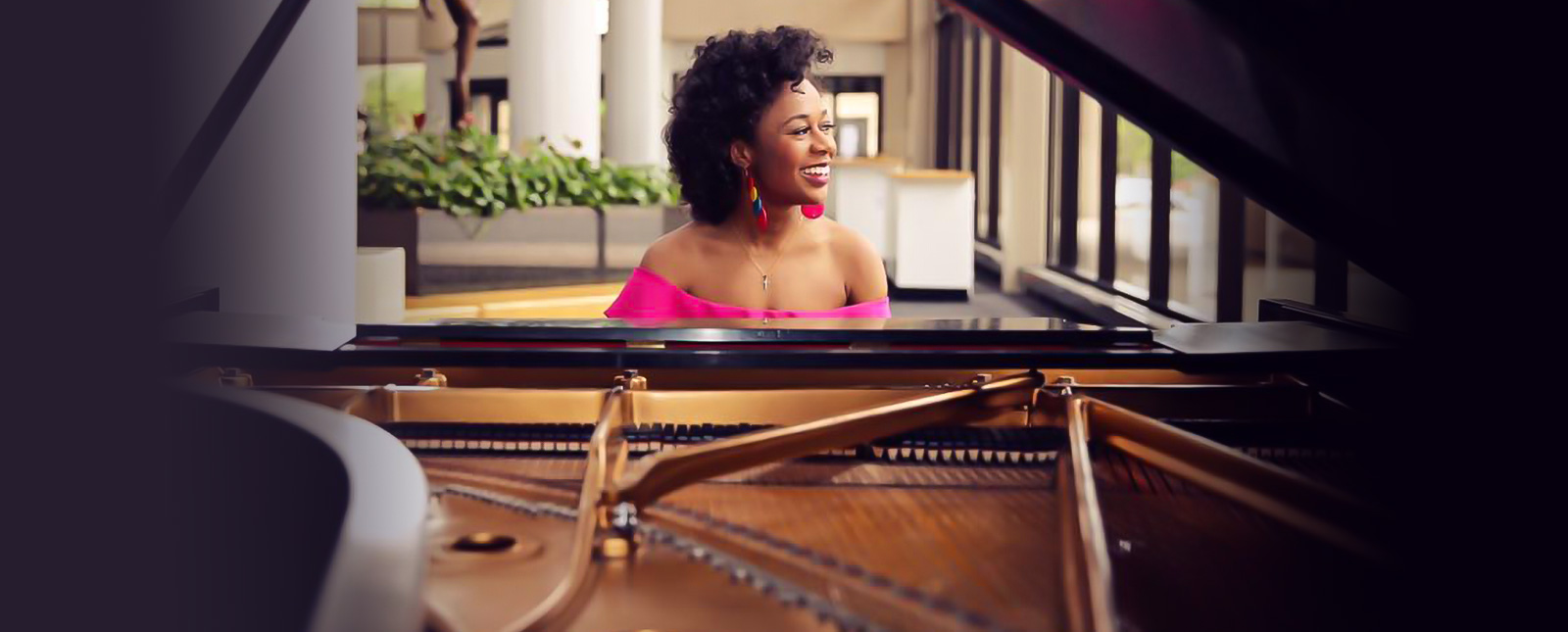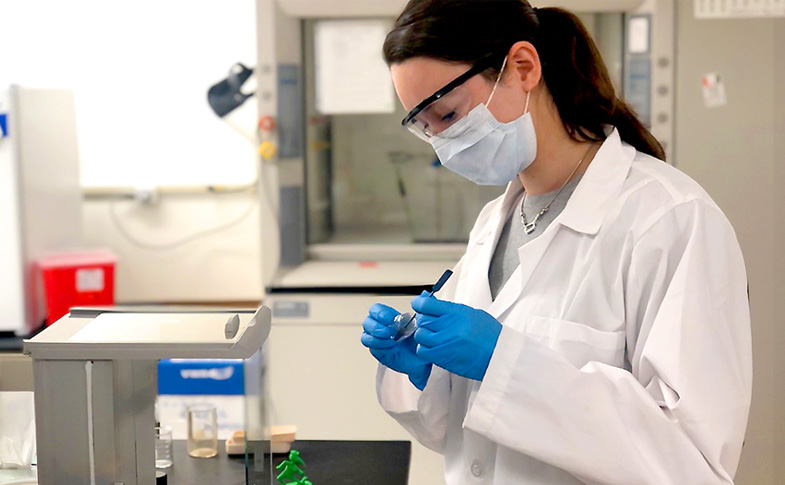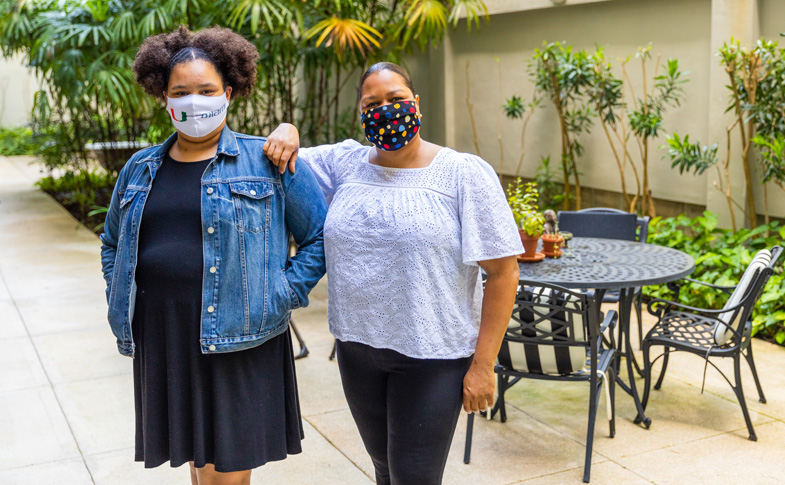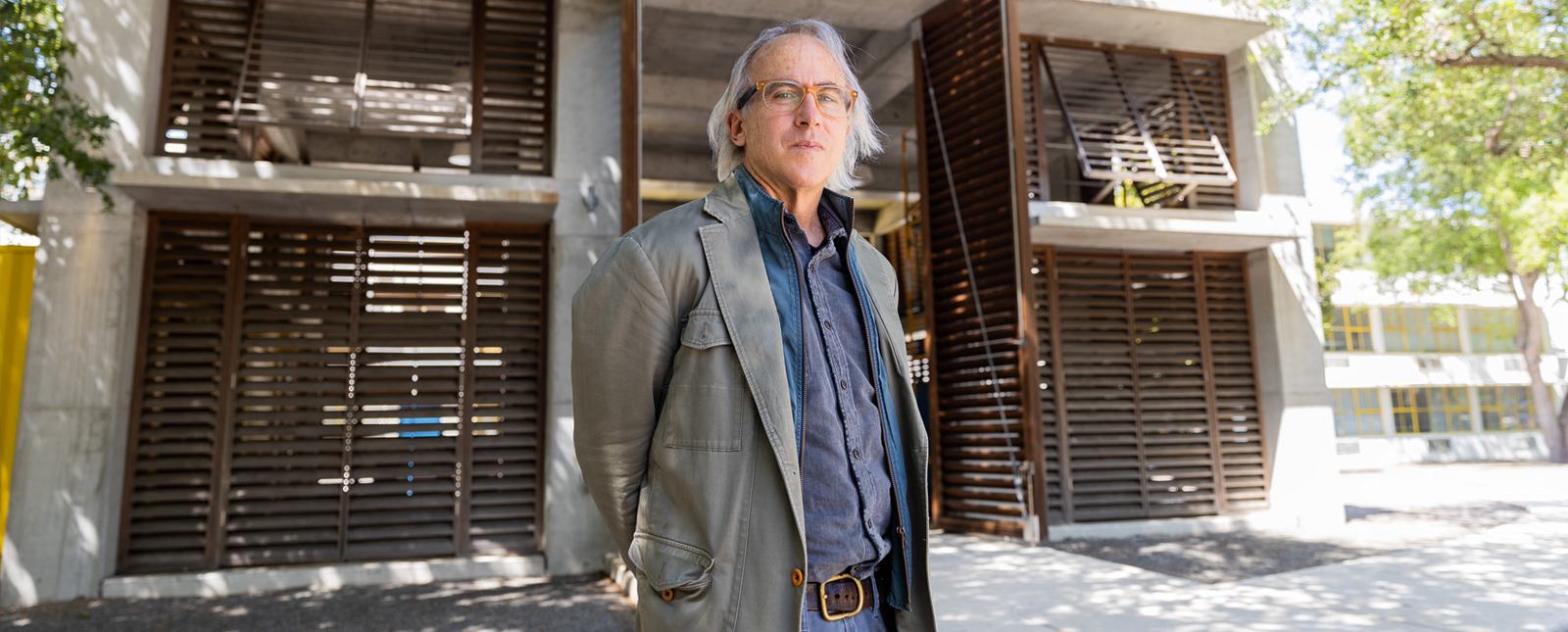Kysha Harriell, senior residential faculty member, (right) and niece at Mahoney Residential College
Residential faculty members remained committed to caring for students
Several University faculty members live on campus in the residential colleges, often with their families, and play an integral role in student life, beyond their teaching duties. Known as residential faculty members, they advocate for and mentor students as they make important decisions during their college careers—like choosing majors, minors, and courses—and plan for their post-college lives. Throughout the pandemic, residential faculty members remained present and pivoted their outreach to accommodate safety concerns. Each of them continued to welcome students into their lives with everything from virtual mental health check-ins to new podcasts to online musical performances. “Students come to college to not only learn in the classroom but also learn from our interactions with others, especially faculty,” said Kysha Harriell, senior residential faculty member at Mahoney Residential College, chair of the residential faculty program, executive director of the Office of Academic Enhancement, and professor in the School of Education and Human Development.











